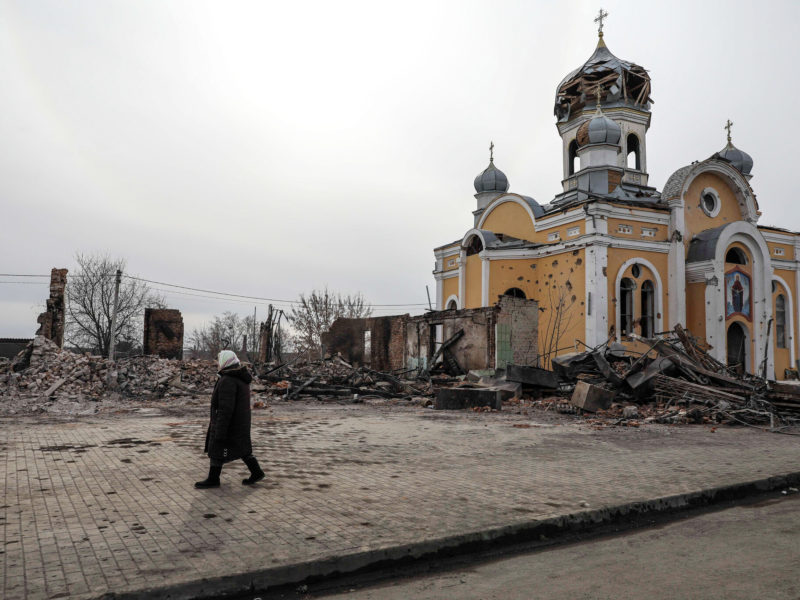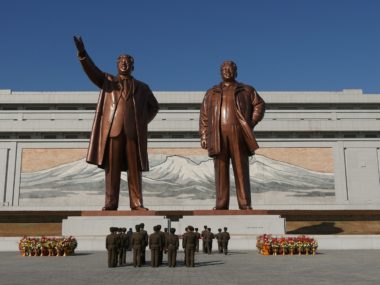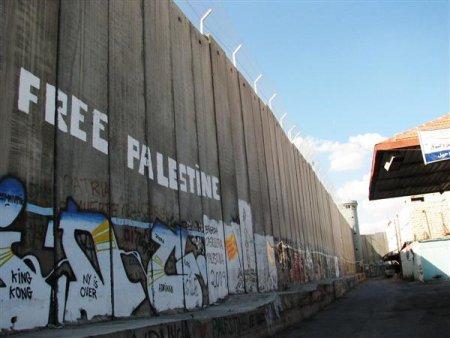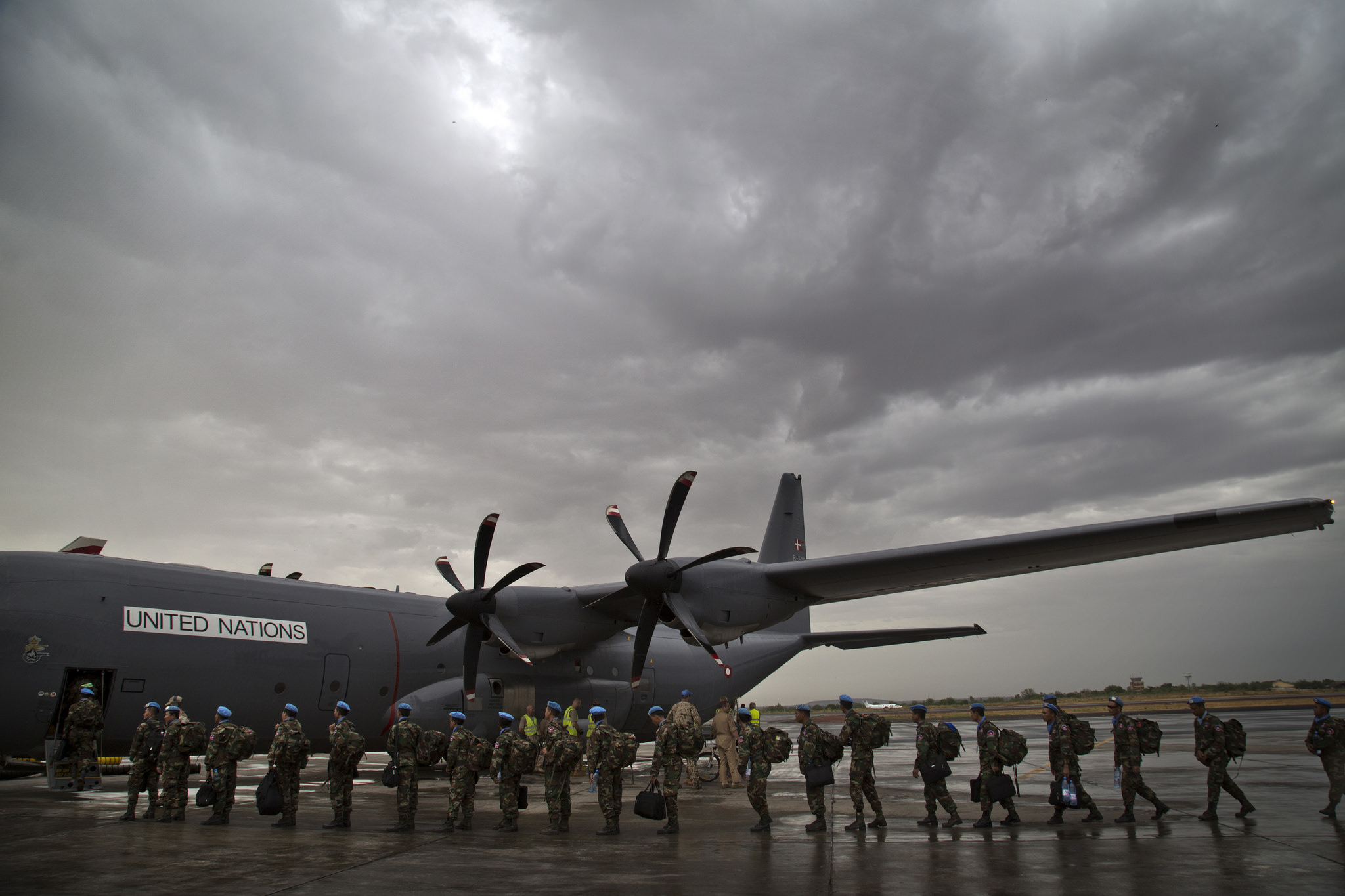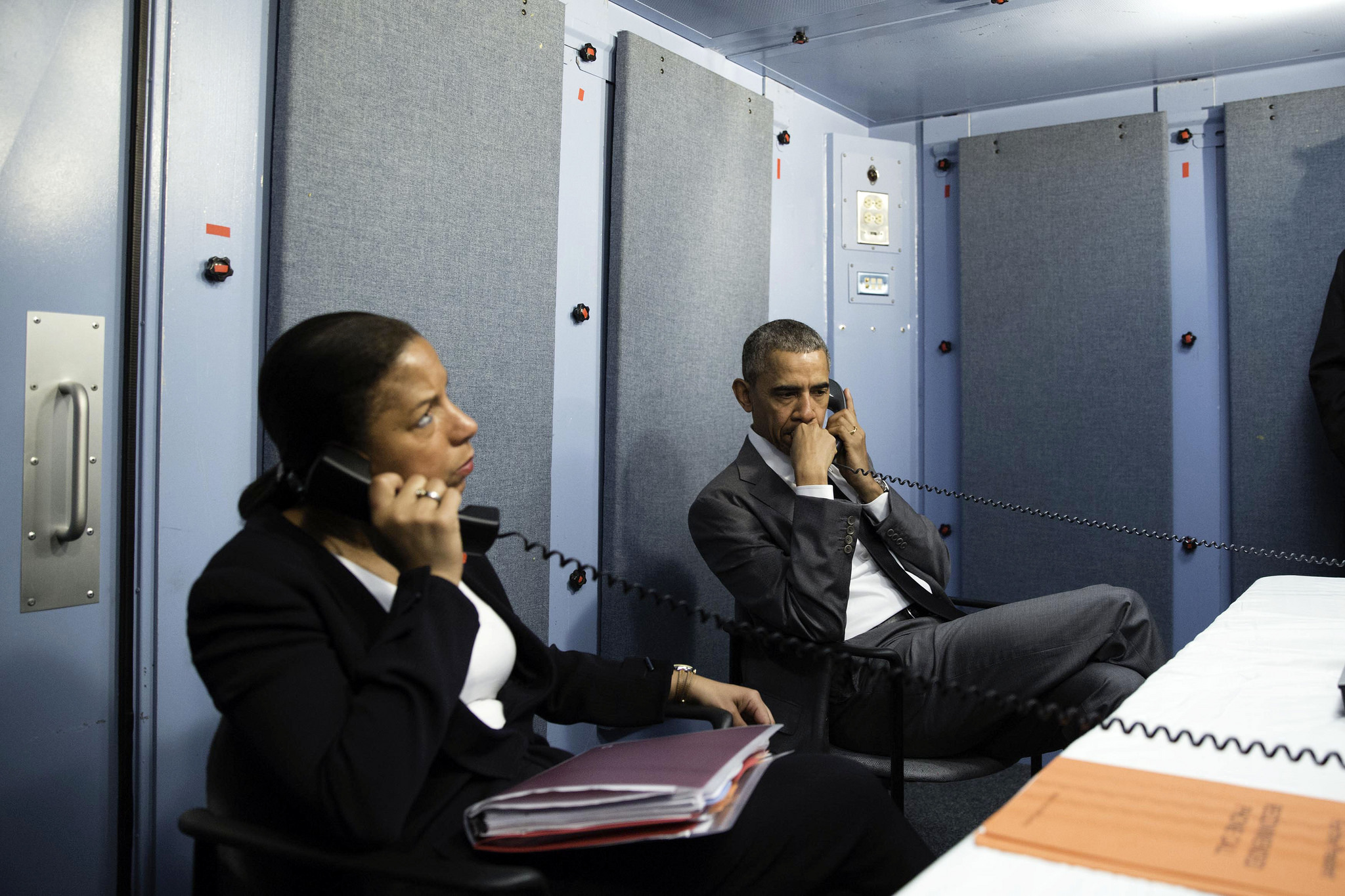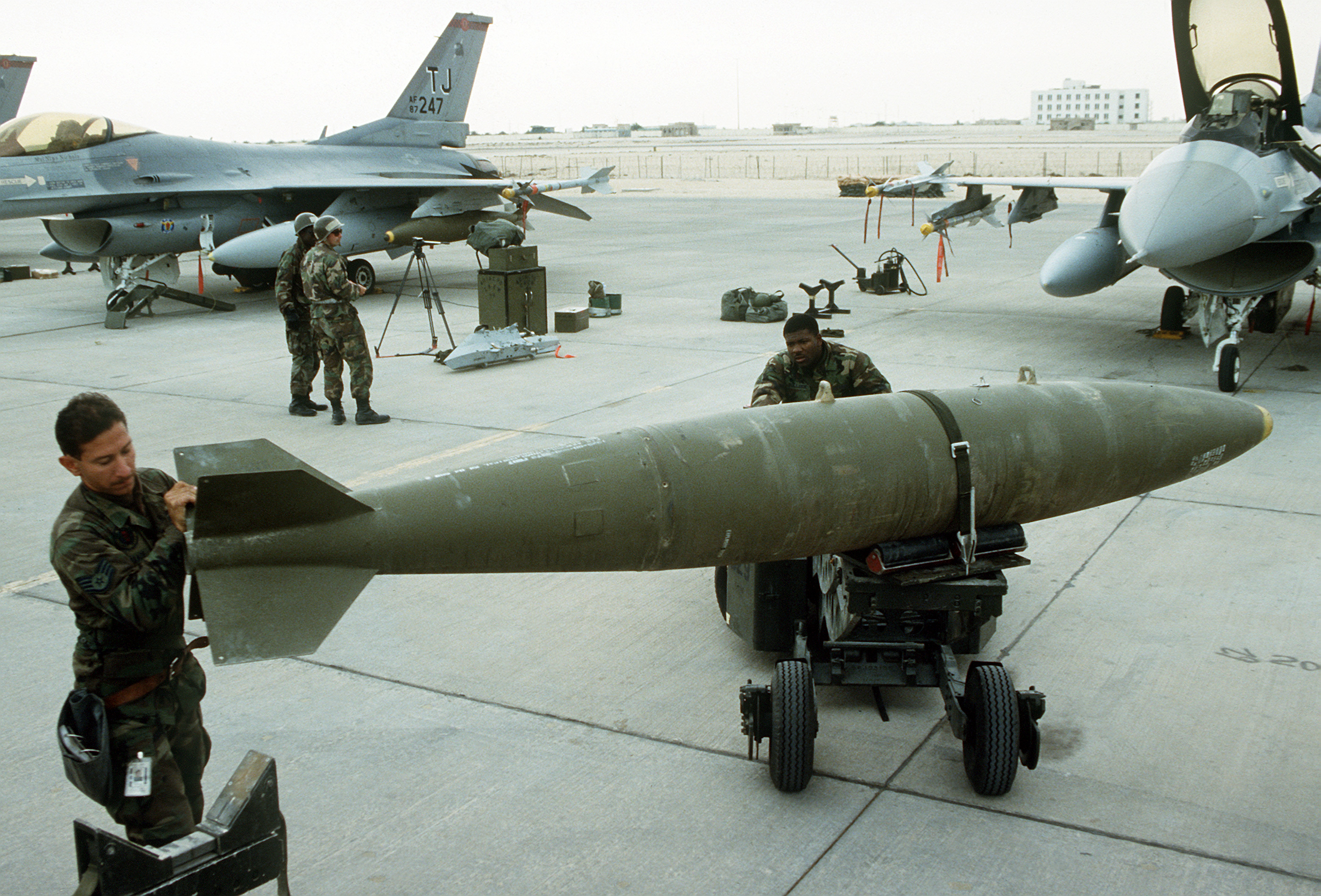Guest post by Lars-Erik Cederman, Guy Schvitz, and Seraina Rüegger
Vladimir Putin’s invasion of Ukraine on February 24, 2022, came as a rude shock to most western observers. In fact, to many it was as surprising as the collapse of the Soviet Union or the terror attacks of 9/11. Why these repeated surprises? Is it because history is inherently “chaotic,” or are analysts using the wrong conceptual map? Much points to the latter. Indeed, the most influential approaches to international politics fail to make sense of Russia’s radical revisionism.
Liberals have been slow to grasp the shift from globalization to geopolitics. From their welfare-oriented and border-less perspective, the Russian assault on Ukraine appears truly puzzling. After the end of the Cold War, liberals anticipated that democratization would spread into Eastern Europe, accelerated by the eastward expansion of NATO and the European Union.
Realists criticize liberals as being hopelessly naive about the power realities of world politics, pointing to their alleged failure to realize that NATO’s expansion could provoke Russia. Yet, viewing Putin as a security-driven actor, realists such as John Mearsheimer have expected Russia to refrain from moves beyond the 2014 annexation of Crimea. It would seem that this underestimation of Russian revisionism stems from realism’s tendency to overlook the role of nationalism and its subversive impact on international borders.
For their part, constructivist international relations scholars focus primarily on international norms that help explain why the western reaction to the invasion has been so swift and unified. Constructivists have also paid more attention to historical narratives that drive nationalism and territorial revisionism. Still, this perspective has underestimated the dangers of Putin’s revisionism by dismissing nationalists’ historical grievances as invented myths, thereby downplaying calls for a restoration of the lost (imperial) greatness of nations. On the contrary, Putin’s long grievance-filled historical narratives suggest that this conflict, and many others like it, may indeed have deep historical roots.
Those who paid careful attention to Putin’s words and deeds since he gained power more than two decades ago have been less surprised by his actions. Putin has called the Soviet Union’s collapse a “major geopolitical disaster” and has repeatedly invoked the alleged historical unity of Russia and Ukraine. What is more, Putin’s argumentation does not necessarily reflect a mentally unstable mind. While there are clearly major pathologies in Russian decision making such as “groupthink,” the revisionist mindset laid bare by Putin’s historical essays and speeches fits comfortably into the playbook used by nationalist leaders since the 19th century.
A more appropriate framework for interpreting the recent invasion would view it as part of a historical process, rather than as a historical singularity. Taking a step toward this goal, our article “Redemption through Rebellion: Border Change, Lost Unity, and Nationalist Conflict,” examines the link between past border changes and contemporary civil wars. The study engages in the first global analysis of historical border change and its long-term implications for geopolitical stability.
Our analysis focuses on the degree to which border changes have left ethnic groups fragmented across multiple states. This was the case for millions of Russians, who suddenly found themselves on the “wrong” side of the border after the USSR disintegrated. Similarly, the collapse of the Ottoman Empire left the Kurds stranded across multiple successor states. Many other groups have experienced similar fates as state borders were arbitrarily drawn and redrawn throughout recent history.
The territorial fragmentation of nationally mobilized ethnic groups violates the core idea of nationalism. According to Ernest Gellner, nationalism requires that ethnic and political boundaries coincide. While “alien rule” represents one prominent type of violation, borders that divide ethnic groups also contradict this principle. We argue that the latter generates tensions that may fuel revisionist claim-making and mobilization against the incumbent state, with violence as a possible result.
Combining new data on state borders from 1886 with information on ethnic boundaries worldwide since World War II, we find that the risk of rebellion increases if the group in question had previously been united. Putin’s persistent complaints about how the collapse of the Soviet Union destroyed the unity of Russians exemplify this pattern, but it is also illustrated by Turkish imperial nostalgia and Serbian revanchism. Indeed, the phenomenon goes back even further. Nationalists have used narratives harking back to past “golden ages” going as far back as to the Middle Ages. The findings indicate that restorative nationalism resulting from a perceived loss of power or national unity increases the risk of both civil and interstate conflict.
Obviously, our research does not offer the final word on this matter. While the traditional paradigms of international relations may have had trouble anticipating Putin’s most recent offensive, they make major contributions to the broader research agenda. Provided they appreciate the difficulty of resolving nationalist border conflicts, liberal thinking still offers the most promising solutions to vexing nationality problems in the form of power-sharing and decentralization. Realists provide crucial analytical tools to assess the geopolitical constraints under which nationalists still operate, but without realizing that nations exist partly independently of states, they will continue to be as surprised by geopolitical upheavals as was Prince Metternich in 1848. Finally, while radical constructivists enjoy poking holes in nationalist myths, they will need to say more about how such rhetoric can gain mass support.
Equipped with a more integrated approach to nationalism, future challenges to the current world order will hopefully become a little less surprising. As Chinese claims to Taiwan suggest, Putin’s ill-advised war in Ukraine may not be the last of its kind.
Lars-Erik Cederman is Professor of International Conflict Research Group at ETH Zürich. Seraina Rüegger is a senior researcher at the International Conflict Research Group at ETH Zurich. Guy Schvitz is a post-doctoral researcher at the International Conflict Research Group at ETH Zurich.

